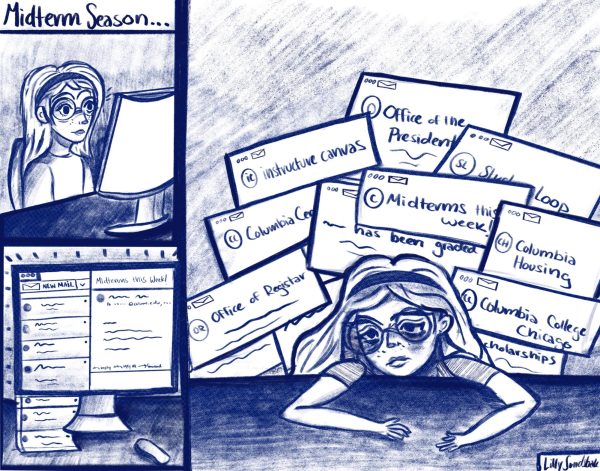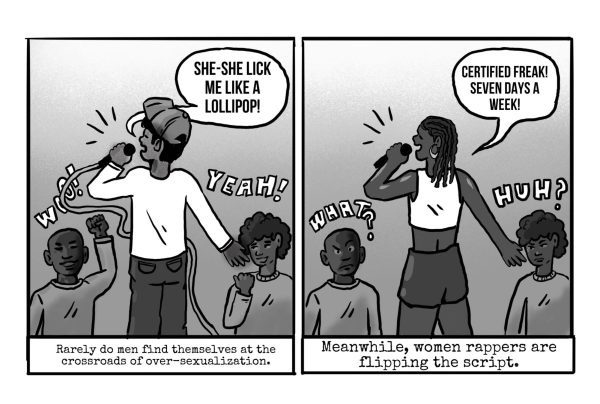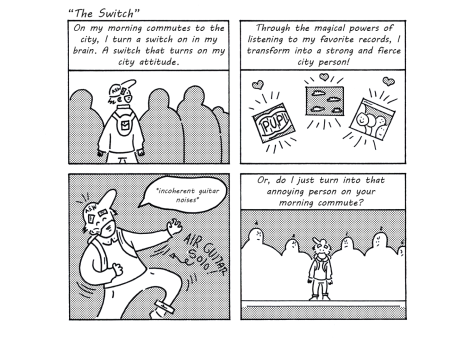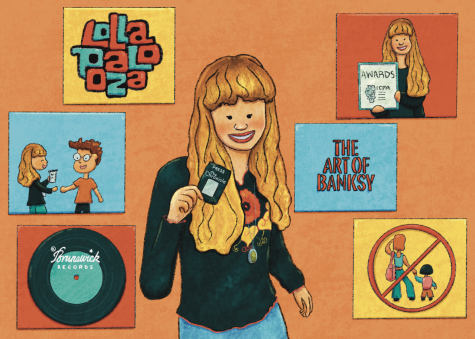Generous admissions policy on the right track
October 6, 2008
Columbia has modified its “open” enrollment policy to that of “generous admissions.” The change has come slowly, but in the end, it has benefited both incoming and existing students. However, as the college aims to tighten its enrollment policy, there is still work to be done.
The change in the admissions policy has been something the college had been focusing on for the past several years. According to Mark Kelly, vice president of Student Affairs, the college made the decision to change its policy in order to avoid negative connotations often associated with the term “open admissions.”
Having a generous admissions policy at a liberal arts school makes sense. Columbia fosters growth of artists and recognizes that each artist has individual strengths and weaknesses. As many educators have argued, standardized tests are not always an accurate assessment of a student’s skills and creativity.
In order to successfully balance a generous admissions policy while maintaining necessary academic challenge, Columbia has strived to implement programs that ensure students are prepared for their classes. The college has come a long way, and it is reflected in the new freshman academic index.
According to Kelly, there has been a 70 percent increase in incoming students who are categorized as being highly prepared. However, there is still room for growth in many areas.
As part of the application process, students are required to write an essay. But the required essay is far too general. Several years ago, one of the essay questions asked the applicant to write about how they would break people into groups. One Columbia student said she chose to write her essay about breaking people into groups based on what type of underwear they wear. Students are not initially required to write anything pertaining to their intended major and thus do not take it seriously.
In order to weed out potential students who are not committed to their area of study, the college should revamp the application essay process. Each department should have separate and individualized essay questions. Through their writing, potential students should be required to convey their passion and clearly explain why they want to study this at Columbia.
The college should also work toward putting additional programs in place to ensure proper academic challenges for existing students. By adding initiatives such as an honors program, students who excel academically would be given an additional challenge. This would help to combat issues of boredom, lack of interest and drop out potential among students who do well when challenged.
Another way the college can work toward creating the best learning environment possible is to create more prerequisites for classes. Students frequently express frustration that classmates don’t take their work seriously or simply don’t care about their classes.
Although this will happen to some degree on any college campus, creating additional class prerequisites that are slightly more challenging would help to combat this problem.
The college also needs to revamp student placement. Currently, students are placed into classes based on either ACT or SAT scores or their results on the college placement exam. However, the current LAS classes and how students are placed into them is frequently ineffective. With the ever-increasing academic preparation of incoming students, LAS courses need to be designed to challenge the most prepared students.
Having a generous enrollment policy has helped open the door for many students who are ready for and committed to their studies, without dissuading students who may have struggled academically. A high grade point average or ACT score is not a fair assessment of where the next Pulitzer Prize-winning journalist, Grammy-winning musician or Emmy-winning actor will come from. Columbia acknowledges that success can come from even the most unforeseeable places. The college should continue to create challenges for students but should not abandon its belief that standardized test scores do not reflect true genius.


















